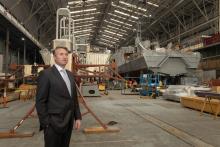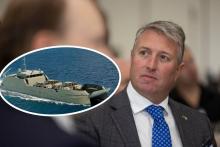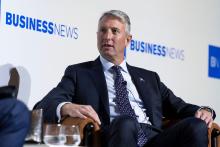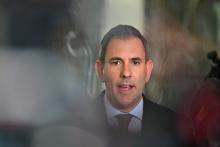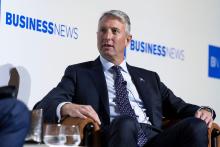ANALYSIS: The new chair of defence shipbuilder Austal, Richard V Spencer, has a résumé tailor-made for capitalising on Aukus opportunities.

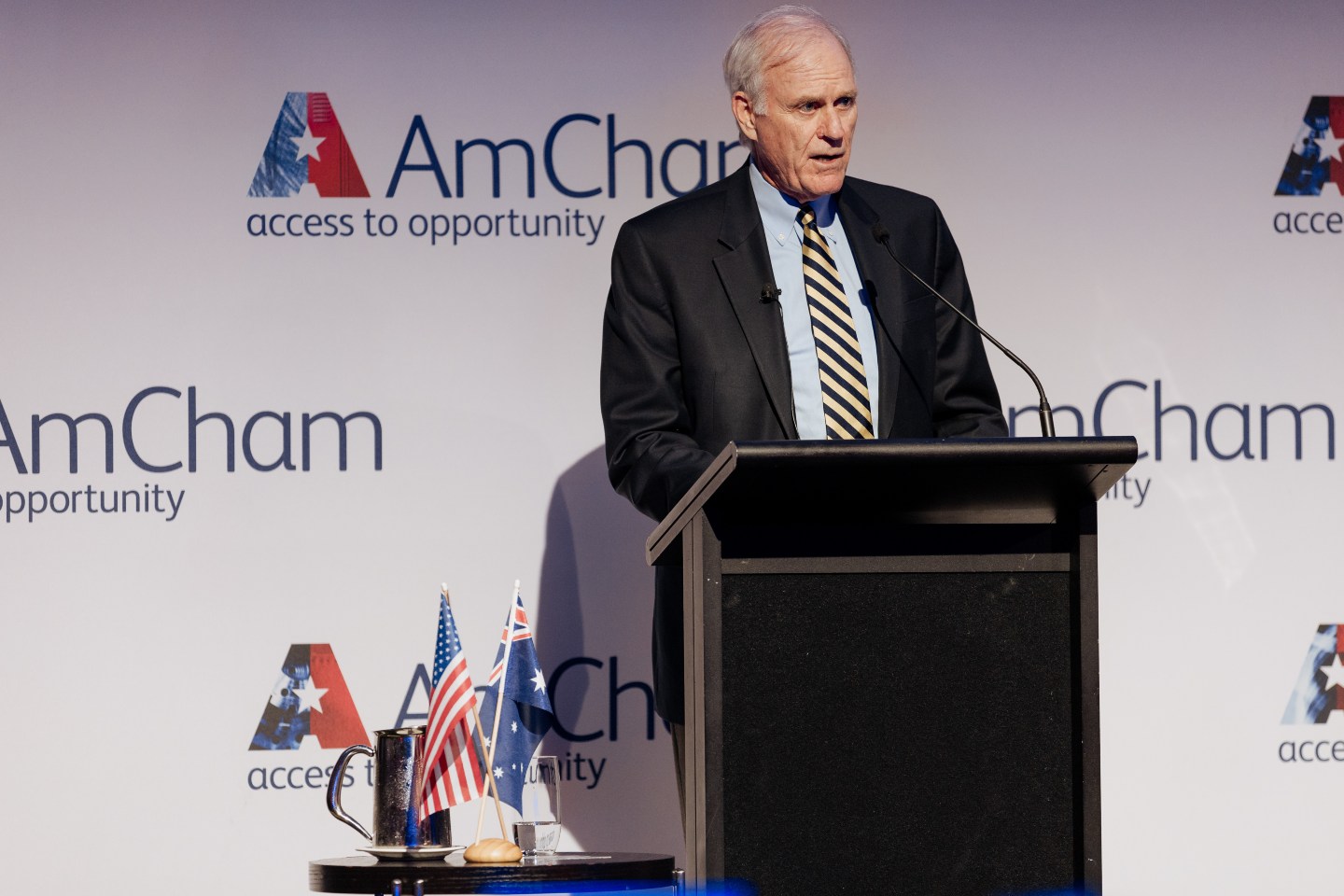
Richard V Spencer had a short, eventful stint as the 76th US Secretary of Navy in the Trump administration, from August 2017 until late in 2019.
While it could be said his career had (figuratively) headed south in the immediate aftermath of that high-profile dismissal, that journey has since become a literal turn.
South.
Already global chair of Joe Hockey’s Australian advisory firm Bondi Partners, Mr Spencer was appointed to the same position at Austal in June, replacing John Rothwell.
The appointment of a high-profile American to the role at an ASX-listed, Perth-headquartered shipbuilder is contextualised by the balance of work at the Paddy Gregg-led shipbuilder.
Although recently appointed the Australian Department of Defence’s strategic shipbuilder of choice on the west coast, Austal’s main focus remains the US, where it is the only foreign-owned prime contractor building and sustaining ships for the US Navy.
Eighty-five per cent of Austal’s revenue is currently generated in the US.
It was in the US that Mr Spencer, now with a foot in allied camps either side of the equator, first encountered Austal’s work.
A recent American Chamber of Commerce in Australia business dinner cast an insightful light on how a figure, once among the highest-ranked defence personnel in the world, came to chair a Perth-headquartered company that got its start building aluminium crayfishing boats.
Mr Spencer addressed a small but influential audience, among them Mr Gregg – who is chair of AmCham’s council of governors in Western Australia – Austal founder Mr Rothwell, and former premier and Royal Australian Navy officer Mark McGowan, now a senior adviser at Bondi among other roles.
The new Austal chair told attendees his involvement with the defence shipbuilder was as much about world order as it was about business.
“At 30,000 feet, I truly do believe in global order and the reason for security, for everyone to have a life of freedom,” Mr Spencer said.
“It sounds like a wide angle, but that actually drives the majority of the way I think.”
WA’s significance through the global defence lens, and the importance of nuclear submarine technology to its future prosperity, was addressed in terms of the mutual merits of the Aukus partnership.
“Australia is sitting out here with their chin right in the theatre,” Mr Spencer said.
“To allow the ability for you all, in a sovereign manner, to have this mode of protection … it makes implicit sense.”
Austal’s place in all of this is as a key shipbuilder to allied nations on both sides of the globe.
Mr Spencer revealed his first exposure to Austal came in his early in his tenure as Secretary of Navy and flagged the Aukus Pillar II agreement – which includes proposed changes to free up the US International Traffic in Arms Regulations – as a game changer for Australia’s defence industry, opening a pathway for greater techological sharing between allies.
“Pillar two is business,” Mr Spencer said.
“It’s going to have its own propelled nature and its own destiny, so to speak.
“Pillar one’s going to take a lot of energy, but what comes out of pillar two, I think, is going to be so much more impactful to everybody in this room, let alone the Commonwealth of Australia.
“It’s going to have a very meaningful impact here, let alone in the rest of the world.”
The scope and implications of ITAR changes are to be determined, with some arguing further reform will be required to properly open the lines of innovation between the Aukus partners.
However, the fact a former Secretary of Navy was in Perth in the same week US Virginia-class nuclear submarine USS Hawaii arrived for maintenance by Australian and American officers, could be seen as a reflection of the progress made under the partnership to date.






